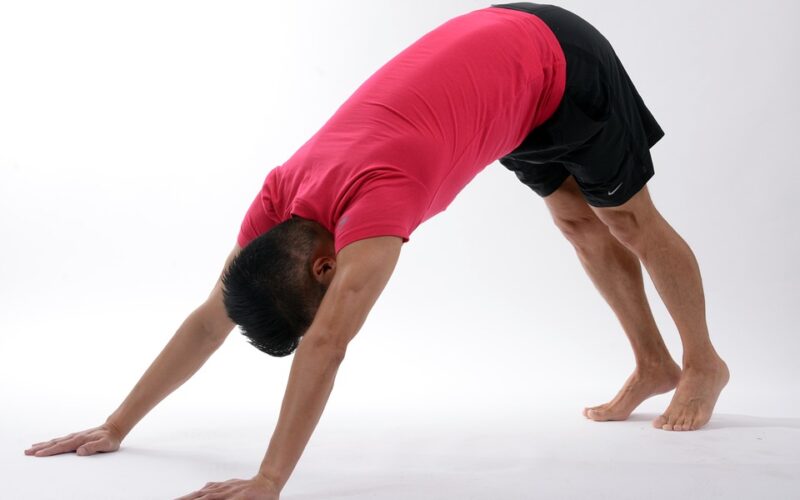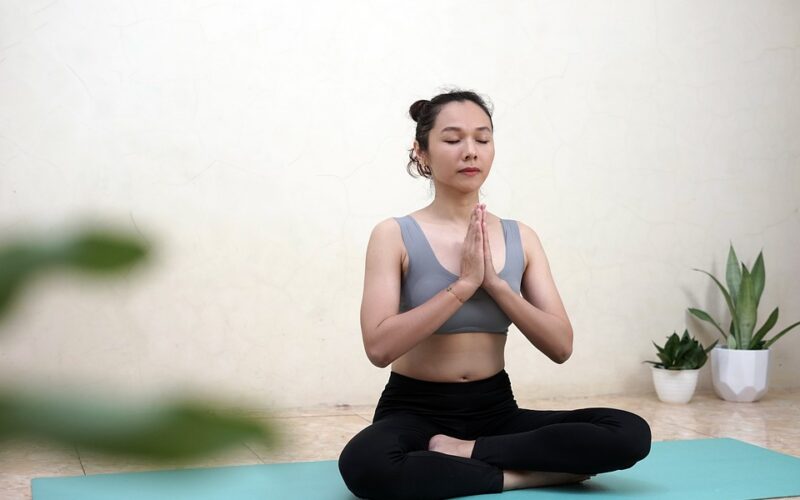Balancing Body and Mind
The concept of self-care has evolved to encompass a comprehensive regimen that nurtures both the body and the mind, reflecting the understanding that our mental and physical health are inextricably linked.
Modern self-care advocates for a balanced approach that may include mindfulness practices, such as meditation and yoga, alongside regular physical activity.
Recognising the signs of stress and fatigue, and responding with appropriate self-care measures, is vital for maintaining both psychological wellbeing and physical health in an era often dominated by relentless demands on our time and energy.
The weight of well-being
One widespread misbelief is that rapid weight loss can be healthily sustained.
However, swift reductions in weight are often the result of losing water weight or even muscle mass, rather than fat loss. A more sustainable approach involves setting achievable targets, focusing on gradual weight reduction that promotes fat loss while preserving muscle mass.
By adhering to a balanced diet and regular exercise, one embraces a lifestyle change that leads to lasting health benefits, rather than succumbing to the transient results offered by fad diets or extreme workout regimes.
Implementing a balanced diet is essential for effective weight loss and overall health.
A nutritional strategy that includes a variety of fruits, vegetables, whole grains, lean proteins, and healthy fats ensures the body receives a full spectrum of essential nutrients. It's important to track calorie intake and opt for nutrient-dense foods that are lower in calories but high in vitamins and minerals.
Regular physical activity complements these dietary efforts by burning calories and increasing metabolism, making it a crucial component of a comprehensive weight management plan.
Create a fitness schedule
If you're looking to improve your physical and mental well-being, there's no better way than by incorporating a regular exercise routine into your life. Whether it's hitting the Windsor gym for a challenging workout or finding inner peace through yoga Windsor, both of these activities have numerous benefits for your mind and body.
The gym is a great place to get in shape and build strength. With various equipment and weights, you can target specific muscle groups and work towards achieving your fitness goals. Plus, working out at the gym can also help increase bone density, improve cardiovascular health, and boost metabolism.
On the other hand, if you prefer a more holistic approach to wellness, yoga may be right up your alley. This ancient practice focuses on uniting the mind, body, and spirit through a series of poses and breathing techniques.
Yoga classes can enhance flexibility, reduce stress, and promote mindfulness, offering a balanced approach to fitness and mental clarity. By incorporating both gym workouts and yoga into your weekly routine, you can experience a comprehensive range of benefits that cater to your physical strength and mental tranquility. Whether you're lifting weights or perfecting your downward dog, these activities create a harmonious path towards improved health and well-being.
Fortifying your mental fortress
Mental resilience can be likened to a fortress that safeguards our well-being.
To fortify it, we must first be vigilant in spotting the early warnings of mental fatigue and stress, such as irritability, lack of concentration, and a drop in productivity. Once recognised, employing techniques like mindfulness meditation, regular physical activity, and maintaining a balanced diet can significantly bolster mental strength.
Additionally, fostering robust social connections and seeking professional support when necessary can act as reinforcements, helping to withstand life's adversities.
Adequate sleep is crucial for mental health, as it helps regulate mood and cognitive functions. Chronic sleep deprivation can lead to various psychological issues, including stress, anxiety, and depression. On the other hand, mindfulness and meditation can be highly effective in promoting mental well-being.
These practices encourage present-moment awareness, which can reduce ruminative thinking and evoke relaxation responses, thereby combating the detrimental effects of stress and enhancing overall emotional balance.
Cultivating happiness in your daily life
Cultivating happiness in daily life is as much an intentional act as it is a beneficial result of certain habits and mindsets. Recent studies in positive psychology suggest that happiness is not just a state, but a skill that can be developed.
Practices like expressing gratitude, engaging in regular physical exercise, and maintaining social connections have been shown to increase levels of serotonin and dopamine, neurotransmitters responsible for feelings of wellbeing and joy.
Moreover, setting achievable goals and embracing a growth mindset contribute to a sustained sense of accomplishment and personal advancement, further enhancing one’s overall happiness.
The value of robust social connections and a supportive community cannot be overstated, as they are fundamental to individual well-being and societal cohesion.
People deeply integrated into social networks often exhibit better mental and physical health outcomes, underlining the significance of relationships in human psychology. Meanwhile, cultivating an attitude of gratitude and reinforcing positivity through daily practices pave the way for a more fulfilled life.
Acknowledging the small pleasures and expressing thankfulness regularly can fortify mental resilience, contributing to overall happiness and a more optimistic perspective on life's challenges.
Finding solace
Embracing self-care is not about indulging in a one-size-fits-all regimen; rather, it's about discovering what personally resonates with you and contributes positively to your wellbeing.
This journey is unique for each individual—you may find solace in the tranquillity of a long walk, the focus of a yoga practice, or the creative release of painting. The key is to experiment with various activities and reflect on how they impact your mood and energy levels.
Remember, what rejuvenates one person may not necessarily do the same for another, making it crucial to craft a personalised self-care ritual that aligns with your own needs, preferences, and lifestyle.













